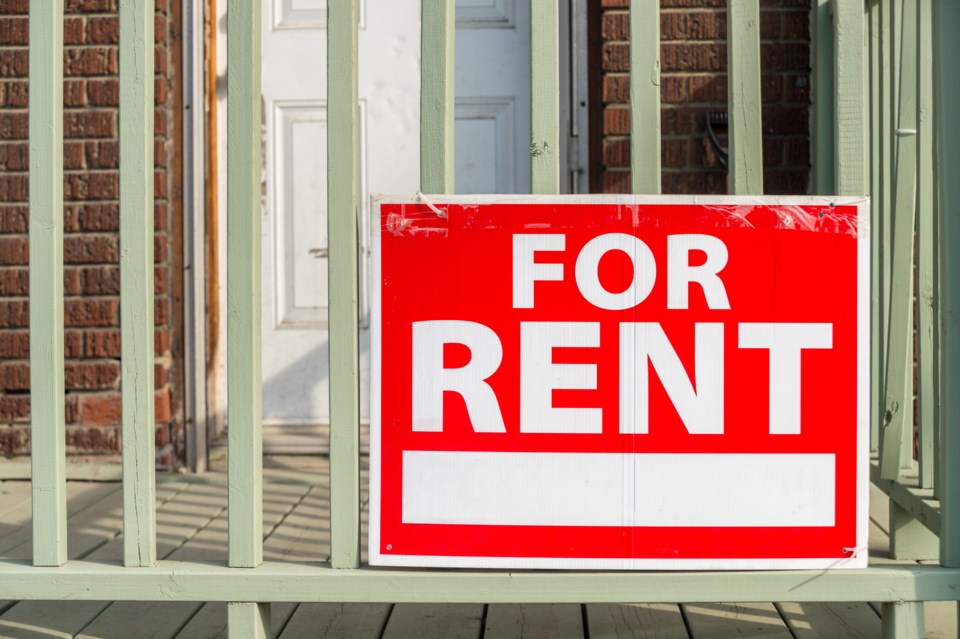BarrieToday welcomes letters to the editor at raymond@barrietoday.com or via the website. Please include your full name, daytime phone number and address (for verification of authorship, not publication). The following is in response to 'LETTER: 'Shortsighted' federal policies hurting Canadians,' published Jan. 20.
Ontario is in an affordable housing crisis, which has become more widespread over the past 50 years.
Much of this is a result of reduced government investment in affordable housing. Lower-income individuals bear the brunt, paying unaffordable rents and having little left to save.
While it’s true that towns and cities are facing financial stress, blaming tax increases for homelessness and the housing crisis overlooks a multifaceted problem.
Homelessness is often the result of various factors, including economic inequality, lack of affordable housing, mental health issues, and inadequate social support systems. The claim that tax increases act similarly to rent increases oversimplifies the economic dynamics at play. Tax revenue can be used strategically to fund social programs, affordable housing initiatives, and support services that address the root causes of homelessness.
Housing prices and rent increases are significant economic factors, and inflation is traditionally measured based on a basket of goods and services. These items are chosen to represent the average consumer’s spending habits. Including housing costs directly in the inflation rate calculation might not provide an accurate reflection of overall economic trends.
In Ontario, the passing of Bill 184 in July 2020 and the subsequent lifting of the eviction moratorium in August 2020 created an environment where evictions became easier for landlords. This legislative shift occurred at a time when the economic fallout from the pandemic was already placing immense strain on residents, exacerbating the housing crisis.
The federal government’s introduction of the Rapid Housing Initiative in October 2020 and subsequent investments in housing in the 2022 budget are positive steps.
However, criticisms about unaffordable rental housing and the need for a more comprehensive approach suggest that the initiatives might not fully address the depth of the housing crisis.
The meeting between the Ontario government and municipalities in January 2022 to discuss the housing crisis underscores a willingness to engage with local stakeholders. There are concerns about the Housing Affordability Task Force’s focus on increasing market housing without addressing deeply affordable housing, highlighting the need for a more nuanced strategy.
It’s essential to emphasize that the responsibility lies not just with immigration policies, but also with how well these policies are integrated into comprehensive urban planning. Housing needs should be anticipated and met through proactive policies that consider the impact of population growth, whether from immigration or other sources.
The housing crisis is multifaceted and interconnected with various socioeconomic factors, including the pandemic, legislative changes, and government initiatives.
While some measures have been taken to address the crisis, the need for a comprehensive, community-engaged, and long-term strategy remains crucial to effectively tackle the housing challenges faced by residents in Ontario.
Anna Bourgeois
Brechin



